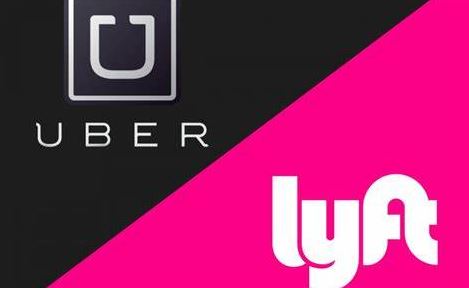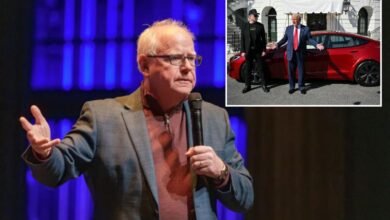Lyft and Uber Set to Exit Minneapolis Amid New Wage Regulations

In a dramatic response to the latest legislative changes, ride-sharing giants Lyft and Uber have announced plans to cease operations in Minneapolis. This decision comes in the wake of the city council’s move to mandate higher pay rates for drivers, a policy both companies argue will impact their business model and service sustainability in the area.
The Minneapolis City Council recently passed measures aimed at improving earnings for ride-share drivers, setting a precedent for wage standards in the gig economy. These regulations, intended to enhance driver welfare, have sparked a contentious debate about the balance between fair compensation and the economic viability of ride-sharing services.
Uber and Lyft, in their statements, expressed deep concern over the feasibility of adhering to the new wage rules without significantly overhauling their pricing structures. They argue that such changes would not only affect their operations but also the affordability and accessibility of ride-sharing services for Minneapolis residents.
The departure of these two major players from the Minneapolis market signals a pivotal moment in the ongoing discussion about the gig economy and worker rights. Advocates for the wage increase argue that the policy is a necessary step towards ensuring a living wage for drivers, who are integral to the ride-sharing ecosystem.
However, critics of the decision, including some users and drivers, fear the exit of Lyft and Uber will limit transportation options in the city, particularly for those dependent on these services for income or mobility. The move also raises questions about the future landscape of urban transportation and the role of gig economy platforms in providing flexible work opportunities.
As the deadline for the new regulations approaches, stakeholders are calling for dialogue between the city council, ride-sharing companies, and driver representatives. The goal is to find a compromise that secures fair wages for drivers while keeping ride-sharing services operational and affordable for the city’s residents.
The impending exit of Lyft and Uber from Minneapolis is a clear indication of the challenges and complexities facing cities as they navigate the regulation of the gig economy. It underscores the need for policies that balance worker rights with innovation and access to services, a debate that is sure to continue in Minneapolis and beyond.





